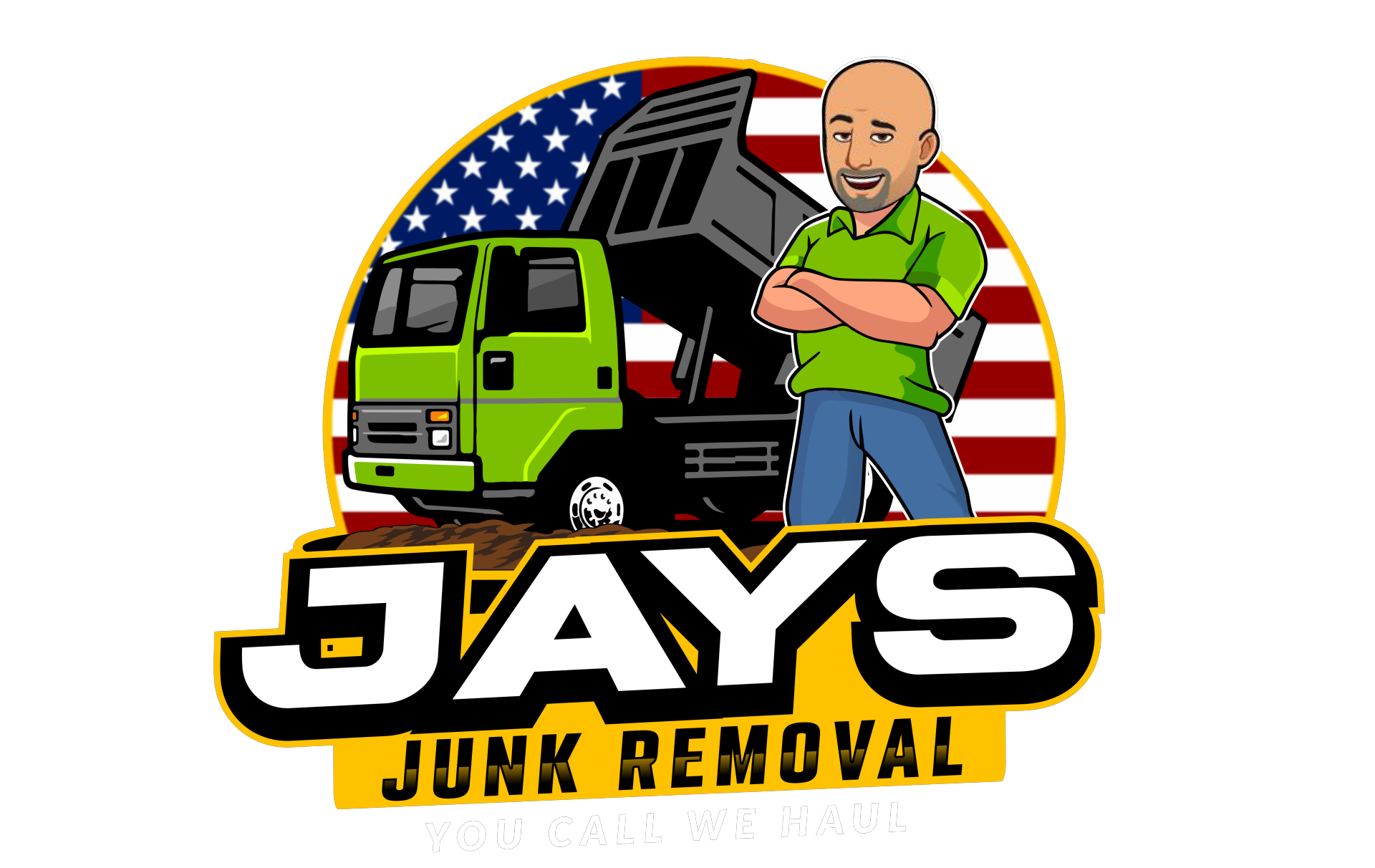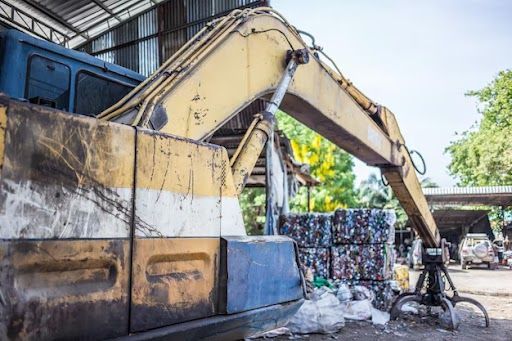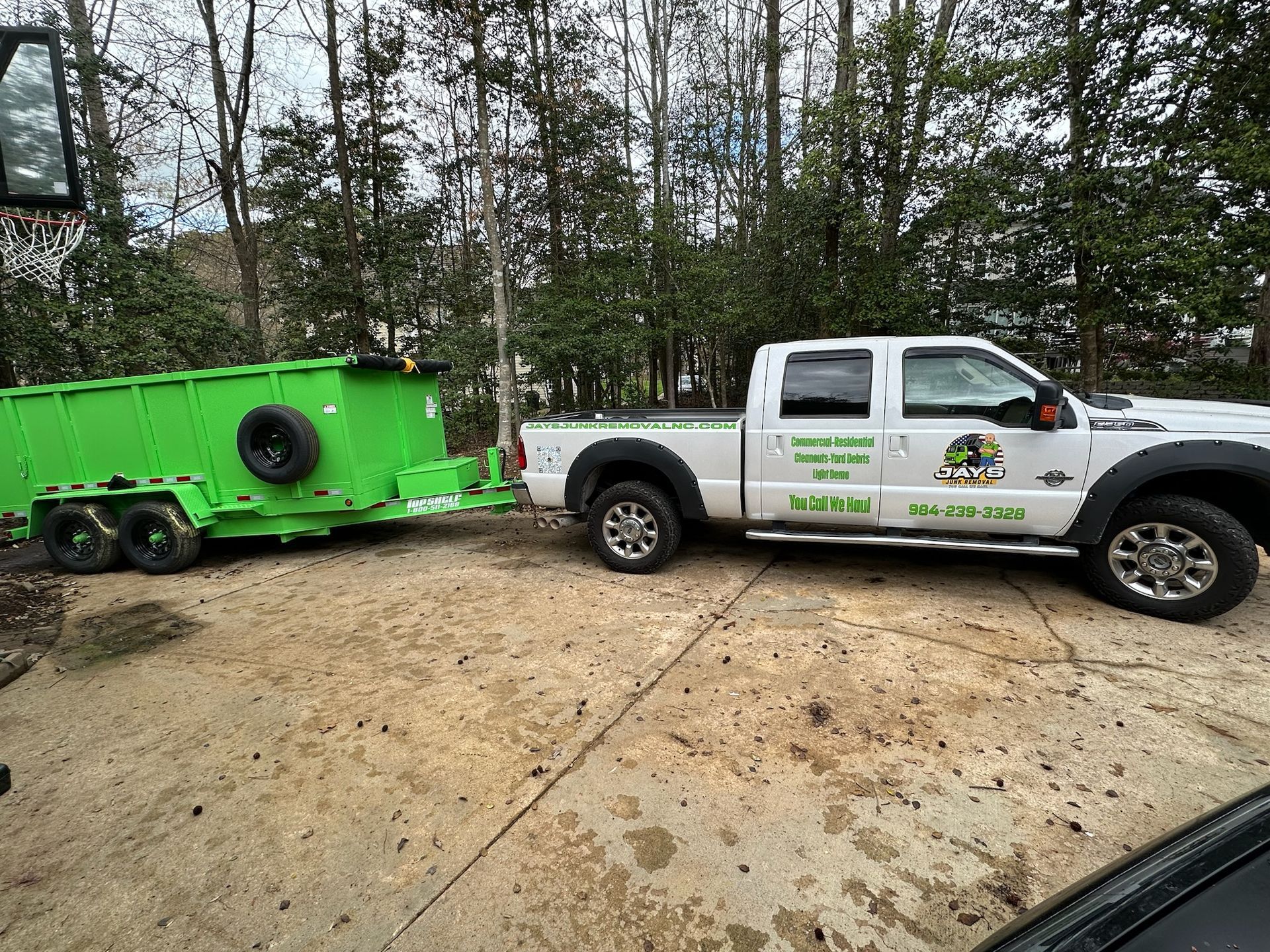YOU CALL WE HAUL - (984) 239-3328
Jay's Junk Blog!
Jay's Junk Removal Guide on How and What to Donate

Decluttering your home offers a great opportunity to make donations that can benefit others in your community. Before you start, it’s important to understand the difference between what can be donated and what should be discarded. Items in good, usable condition like clothing, furniture, books, electronics, and household goods can often find a second life through donation. However, items that are broken, heavily worn, or no longer functional may need to be properly disposed of or recycled. Sorting through your belongings carefully will make sure you’re giving quality items that will truly help those in need.
When deciding what to donate, think about what others might find useful. Gently used clothing, especially seasonal items like coats and boots, are always in demand. Household goods such as kitchen appliances, dishes, and utensils can be particularly valuable to families or individuals starting over. Furniture, from couches to dining tables, is another big-ticket item that many charities gladly accept, especially if they offer furniture banks or housing assistance programs. Books, toys, and electronics can be donated too, as long as they’re in good working condition. Be sure to double-check that all pieces or parts are included—missing components can make an item unusable.
It's equally important to know what not to donate. Organizations usually have specific guidelines for what they can accept. For instance, many charities won’t take mattresses, large appliances, or items like cribs or car seats due to safety regulations. Non-working electronics or anything with significant damage should also be avoided. Check with local donation centers to clarify what’s acceptable, and don’t forget that some things, like broken electronics or certain textiles, can still be recycled instead of being thrown away.
Once you’ve sorted your items, the next step is finding the right place to donate. Many organizations like Goodwill, Salvation Army, and Habitat for Humanity accept a wide variety of items, while others specialize in specific categories. For example, women’s shelters may prioritize clothing and personal care items, while food banks need non-perishable food donations. It's a good idea to contact the charity ahead of time to confirm their current needs and whether they have restrictions. Some organizations also offer free pickup services for large items like furniture, making it easier for you to donate without the hassle of transport.
Finally, when you donate, you’re contributing to a larger cause that benefits both the environment and the community. Many organizations rely on donations to fund social programs, such as job training, housing support, and community outreach. Donating also helps reduce waste, diverting usable goods from landfills and giving them a second life. Jay’s Junk Removal encourages you to be mindful about the process—making sure items are clean and in working order before donating, and considering the most responsible way to dispose of items that can’t be reused. Together, we can make a positive impact on our communities through thoughtful donations and sustainable practices.
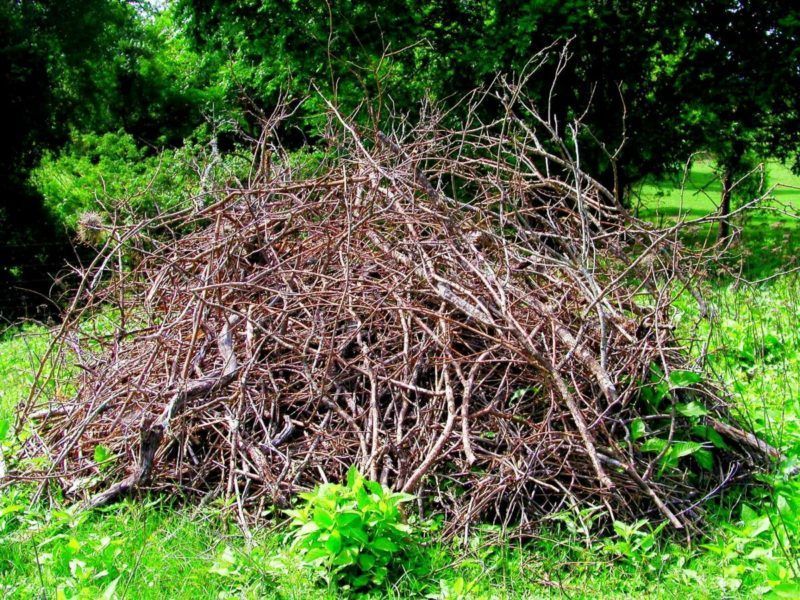
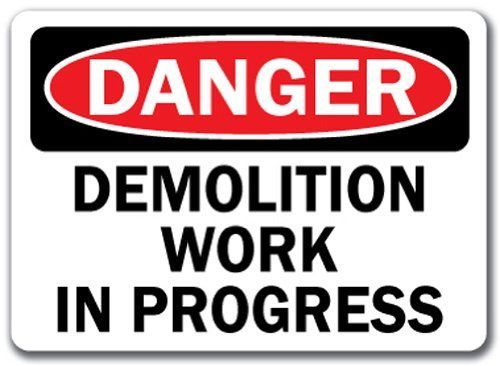



Jay's Junk Removal is the leading Junk Removal Service in Wake Forest, NC and the surrounding areas.
984-239-3328
YOU CALL WE HAUL
All Rights Reserved | Jay's Junk Removal LLC
